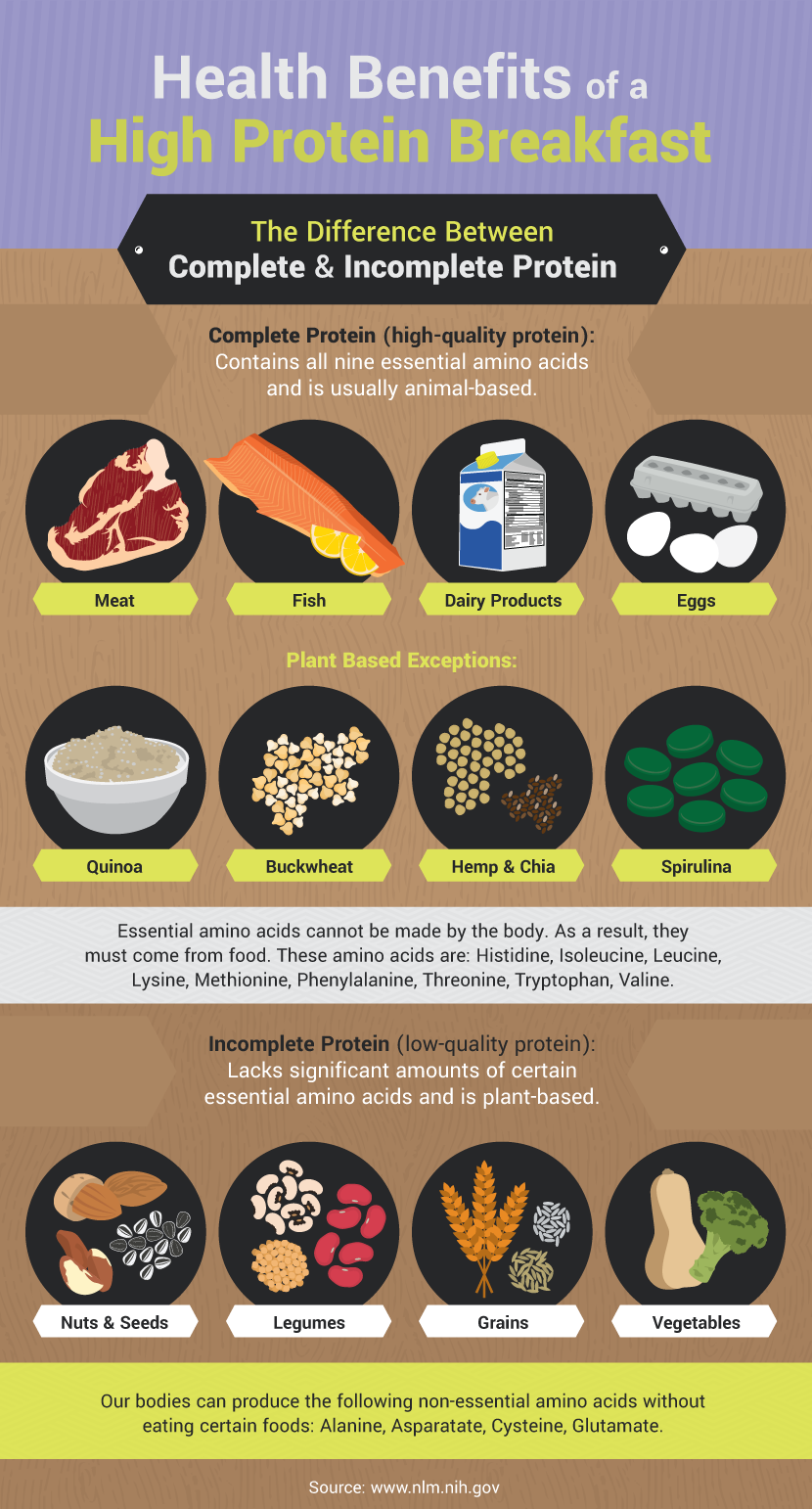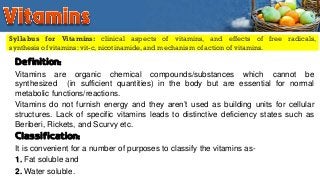
The definition of prevention will vary depending on the type and severity of the disease. For adults, it means maintaining a healthy body weight and preventing weight gain. Children can prevent obesity by decreasing their intake of high-fat food and increasing their physical activity. You can also change social, economic and environmental policies to prevent obesity. Below are some ways to prevent obesity. These strategies can be used together or individually. These strategies can make all the difference for many people.
An integrated, multi-level approach to obesity prevention may be able to influence social norms regarding eating habits and promote healthy living. Although there is no one culprit to obesity prevention, food plays an important part in the problem. For example, people who are obese tend to eat more before they feel full, which leads them to continue eating even when they are full. They also may eat more because they are stressed or anxious. A modern lifestyle is more physically demanding than ever and requires less energy. Many people also avoid physical activity that burns calories. In such a situation, it is vital to act to eradicate this global epidemic.

Community-based prevention programs are increasingly becoming popular, as a variety of programs have been proven to lower the risk of obesity. These interventions typically target the environment, such as television and computer use, which are both high calorie and passive. They also target specific behaviors, such as the availability and use of play equipment within children's rooms. These programs do not only help individuals lose weight but also promote good sleep and active play.
A successful obesity prevention program must be accessible to all levels of the population. It is important to reduce obesity by changing unhealthy and overweight behaviors. People should eat fruits, vegetables, whole grains and nuts. This will help reduce obesity-related risks such as high cholesterol and heart disease. They should include exercise into their daily lives. This will increase their likelihood of losing weight. This is why prevention is so important.
Different prevention strategies will have different goals. For example, universal obesity prevention plans concentrate on changing social norms and environmental conditions that promote obesity. To prevent targeted obesity, programs can be tailored to meet the needs of specific groups. For example, interventions aimed at children and teenagers are more likely to have positive effects on their health than those in adults. A prevention strategy for children should include prevention of weight gain during childhood and adolescence.

For obesity prevention, it is important to have a healthy diet. Three of the most effective strategies are eating healthy, getting enough sleep, and following a healthy diet. These strategies will help achieve your goal weight and minimize the chance of developing many chronic diseases. To reduce your risk of developing heart disease, diabetes, or high blood pressure, it is important to prevent obesity. But it's also important to take preventative measures to ensure your body stays in good health.
FAQ
How many times per week do I need to exercise?
It all depends on how much time and what kind of exercise you like. It's a good idea to do moderate-intensity aerobic exercises 3 - 5 times per week. Don't go overboard. Consistent exercise is essential to achieving maximum benefit from your workouts.
What exercises are the best?
It really depends on the type of fitness goal you have. Some people prefer endurance sports like swimming, cycling, or running. Others like lifting weights or using resistance band. There are many types and styles of exercise available today. Select the one that best suits your needs.
Which dietary supplement can help you lose weight?
Losing weight requires both diet and exercise. Some people find that certain supplements are helpful.
Many studies show that omega-3s may help you lose weight. Omega-3 fatty acid is an essential fat that is important for brain function as well as cell membrane integrity. These fats are found in seafood such as salmon, tuna and shrimp.
Green tea is being studied for its potential benefits in weight loss. The antioxidants in green tea, catechins and other compounds may increase metabolism and promote weight loss.
What is the purpose of milk for men?
Think about other uses for milk next time you purchase it. It may be a good idea to reduce your coffee intake.
The benefits of milk have been demonstrated to be both beneficial to children and adults. Milk is rich in nutrients for children, including vitamin D and calcium.
It is also good for digestion and bone strength. Dairy products are more beneficial for adults than any other food.
People who have difficulty digesting milk are also likely to be able to enjoy its many benefits, even if they do not have stomach problems.
Drink more milk than soda and juice. Drinking milk with more calcium and vitamin A can help to strengthen your teeth.
If you don't like the taste of milk, you can always make your yogurt using plain low-fat milk. Yogurt is an excellent alternative to milk because it is lower in calories, and contains more protein.
Yogurt also contains probiotics which improve digestion and immunity.
Take a glass warm milk before you go to bed if you are having trouble sleeping. Warm milk relaxes muscles, increases serotonin levels and helps you get a good night of sleep.
How can I lose weight by avoiding certain foods?
Avoid trans fats. Trans fats increase LDL cholesterol (the bad) and decrease HDL cholesterol (the healthy).
Trans fats may be found in deep-fried, fast food, packaged bake goods, snack cakes, or other processed food.
These unhealthy fats can also lead to inflammation, which can cause heart disease and diabetes.
Artificial sweeteners are also to be avoided. Artificial sweeteners are linked to an increased risk of cancer.
These chemicals can be found in soft drinks, chewing gum, and candy bars. They appear in many other foods, including meat, poultry, fish, and eggs.
Artificial sweeteners include saccharin, cyclamate, sorbitol, aspartame, acesulfame-K, and sucralose.
The American Heart Association advises against using these chemicals, as they could damage DNA.
Statistics
- According to the American Academy of Dermatology (AAD), men over 50 are at a heightened risk of developing it. (healthline.com)
- An estimated calorie range for moderately active adult males falls between 2,200 to 2,800 calories per day, depending on age. (eatright.org)
- By John Thompson Take a whopping 38% off a set of PowerBlock Pros. (menshealth.com)
- According to the American Heart Association, blood pressure should be checked at least once every two years, beginning at age 20. (my.clevelandclinic.org)
- Candidates and applicants must pass all four tests at 70% (minimum level) to graduate from Basic Deputy U.S. Marshal (BDUSM) Training. (usmarshals.gov)
External Links
How To
What nutrients is a man supposed to consume daily?
Men need healthy growth and development. Vitamins, minerals, vitamins, nutrients, carbohydrates, fats and fiber are all essential for the body.
Specific nutrients are also required by the male body at different times during the day. For example, when you sleep, your body uses energy from food to make hormones, antibodies, and enzymes. Protein is needed to build muscles and repair tissue damaged when you wake up.
Your body uses the night to break down fat and store extra energy as glucose. Your body still requires sufficient nutrients and calories even though it needs less calories. If you feel hungry, you may consider having a snack during the evening.
Working out requires adequate carbohydrate and protein intake. You may feel sore muscles if you exercise hard.
You must ingest carbs and protein within two hours of training to prevent this. Your body will use stored glycogen to produce glucose for energy.
Additionally, it is important to eat protein right away after your workouts are over. This prevents the breakdown of muscle tissue that occurs while you sleep.
Your body can produce lactic acid during intense physical activity. The body produces lactic acid when there is too much activity. This can cause fatigue. To avoid this, you should eat foods rich in carbohydrates, such as fruits and vegetables.
Carbohydrates give your body the energy it needs to recover from strenuous exercise.
In addition, you may want to include lean meats, fish, eggs, milk, cheese, yogurt, beans, nuts, and seeds into your diet.
All these foods are high-quality sources of protein. Protein helps to repair and grow muscles. Protein is also necessary for the production of sex hormones such as testosterone.
To maintain healthy skin, hair, and joints, you also need sufficient dietary fats. Healthy men need between 20% and 35% of their total caloric intake from fat.
Fat protects your heart from cancer and keeps it strong. It is essential for proper brain function.
You can get the majority of the fats that you need from vegetable oils such as soybean oil.
These oils contain high levels of monounsaturated fat acids (MUFAs). MUFAs lower cholesterol and decrease inflammation. They protect your cells from damage by free radicals.
Saturated fats (SFAs), are found mainly in animal products such as meat, milk products, and butter. SFAs are known to raise LDL ("bad") cholesterol and raise triglycerides. They promote weight gain as well as belly fat.
Plant-based oils such as vegetable oil, nuts, seeds, or grains are rich in polyunsaturated fats (PUFAs). PUFAs reduce inflammation and improve cardiovascular function. They can also control blood sugar levels and cholesterol.
Erectile dysfunction can often be a problem for men who have low HDL ("good") levels of cholesterol. Consuming high amounts of saturated fats can increase bad cholesterol and lower good cholesterol.
Red meat and pork are a common source of prostate problems in men who eat a lot. Nitrites convert to nitrosamines when cooked at high temperatures. These compounds cause cancer.
Many processed meats are high in nitrites, and other dangerous chemicals. They should be avoided.
According to the American Heart Association, you should limit your consumption of red meat to no more that 2 meals per week. Choose poultry, fish and legumes instead.